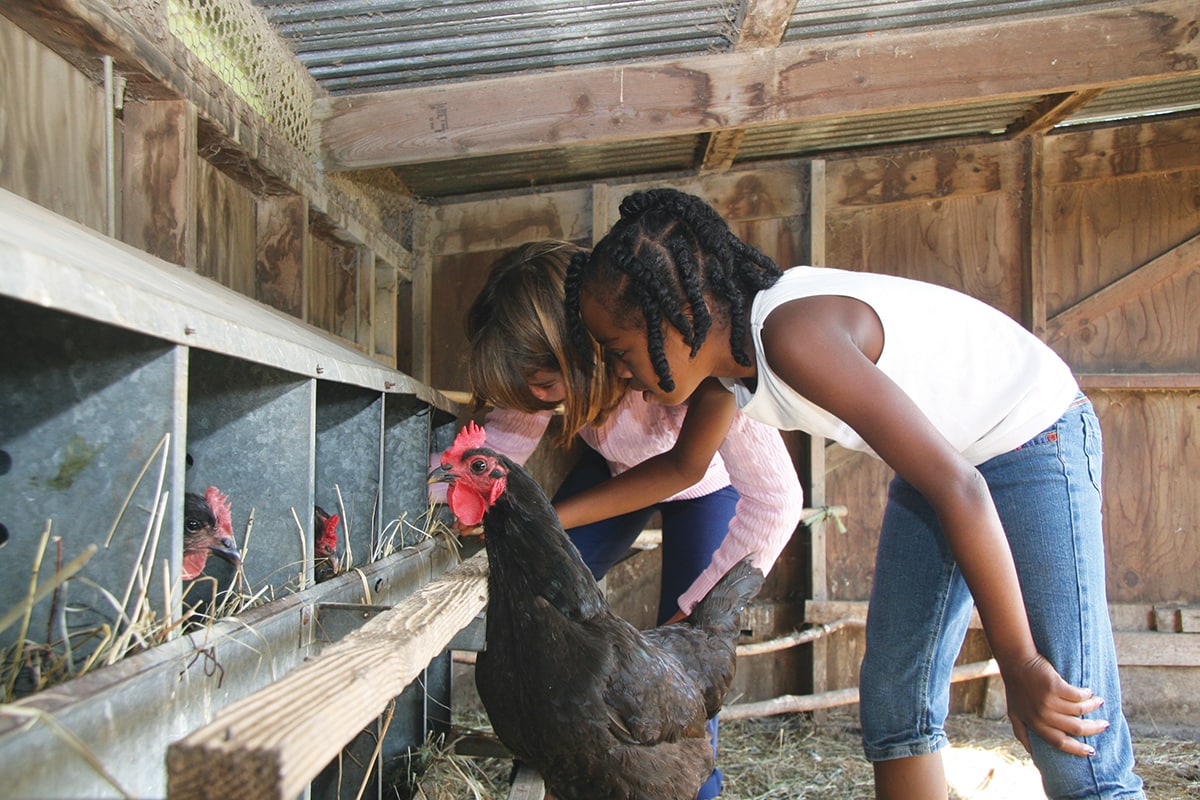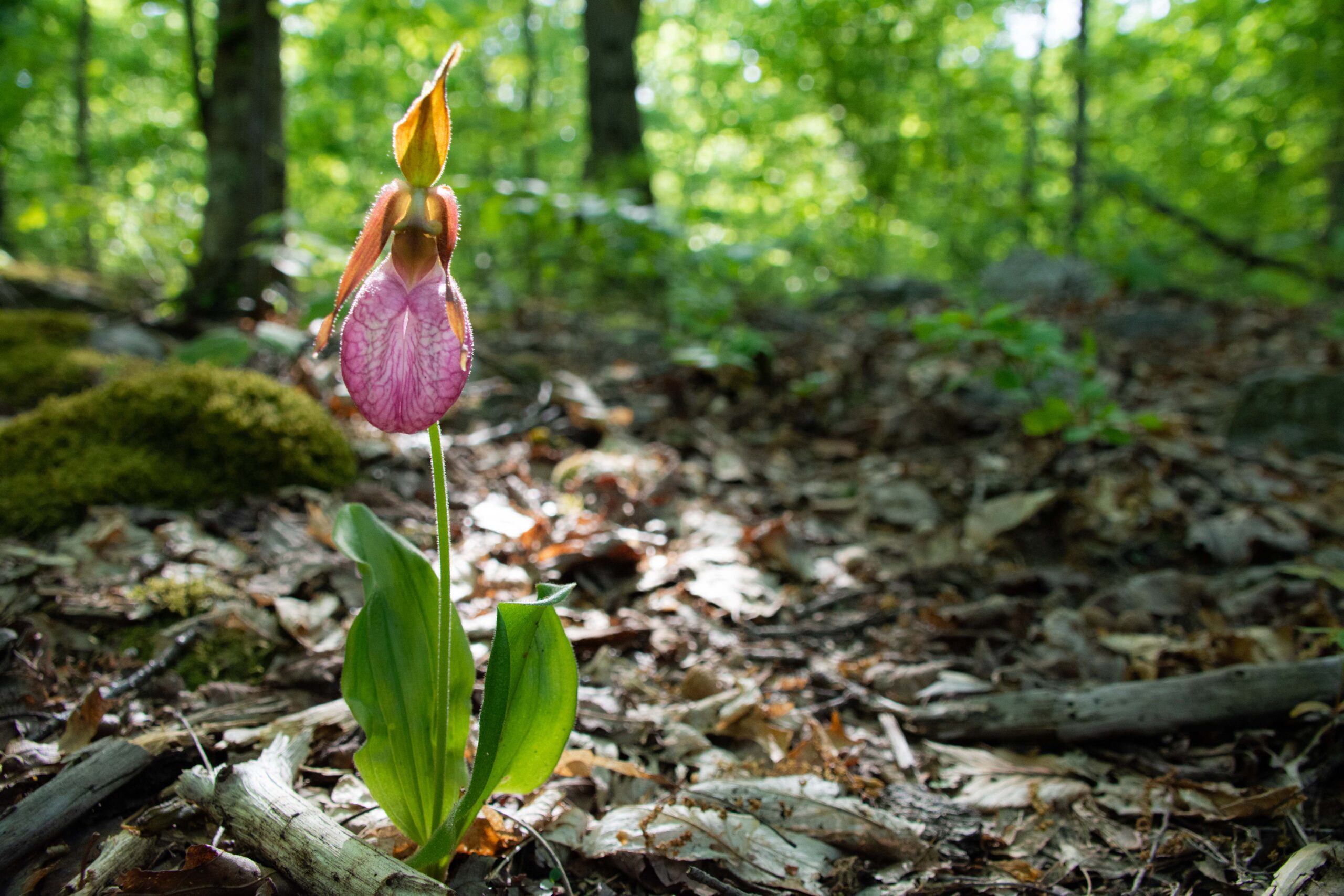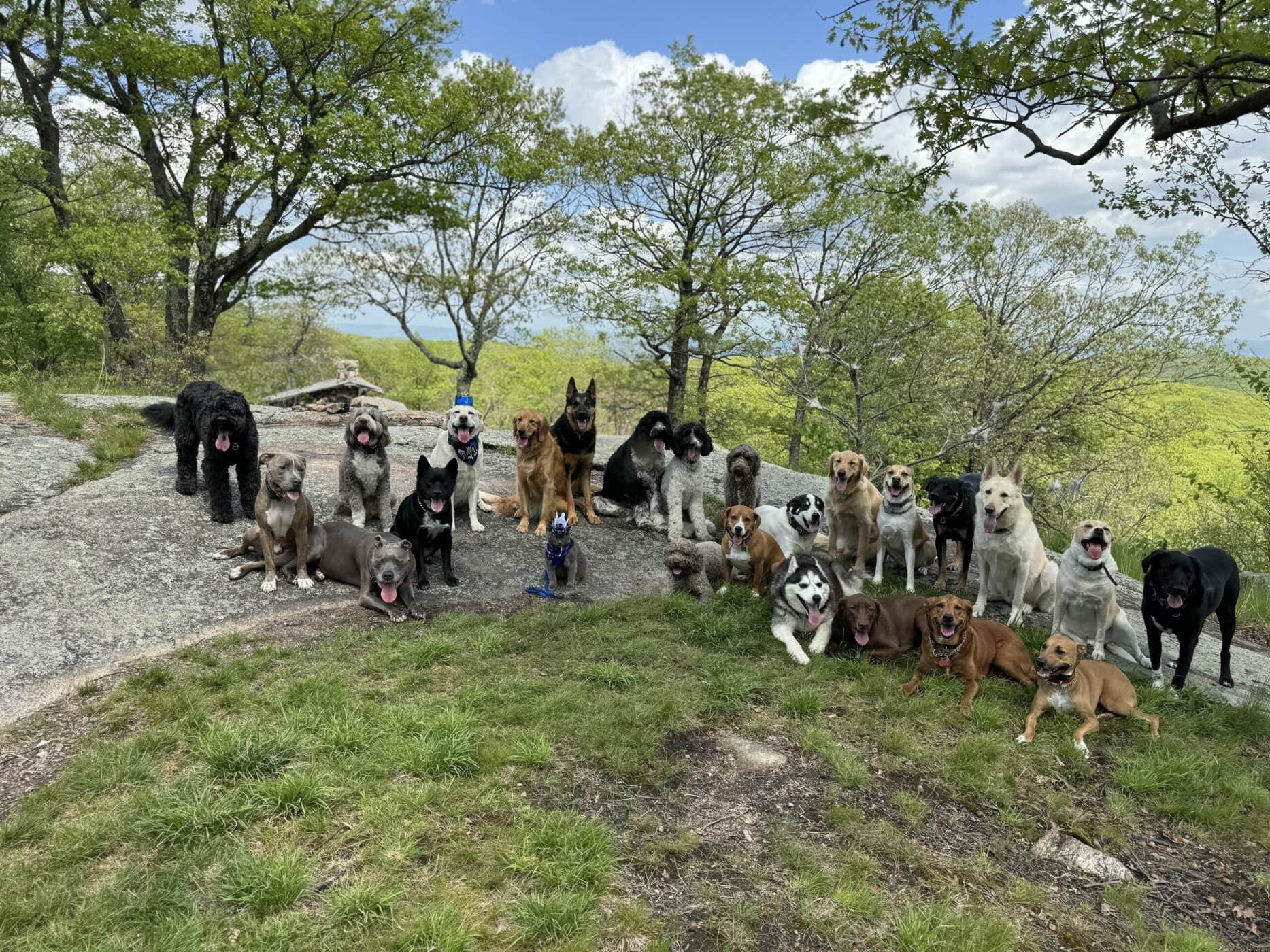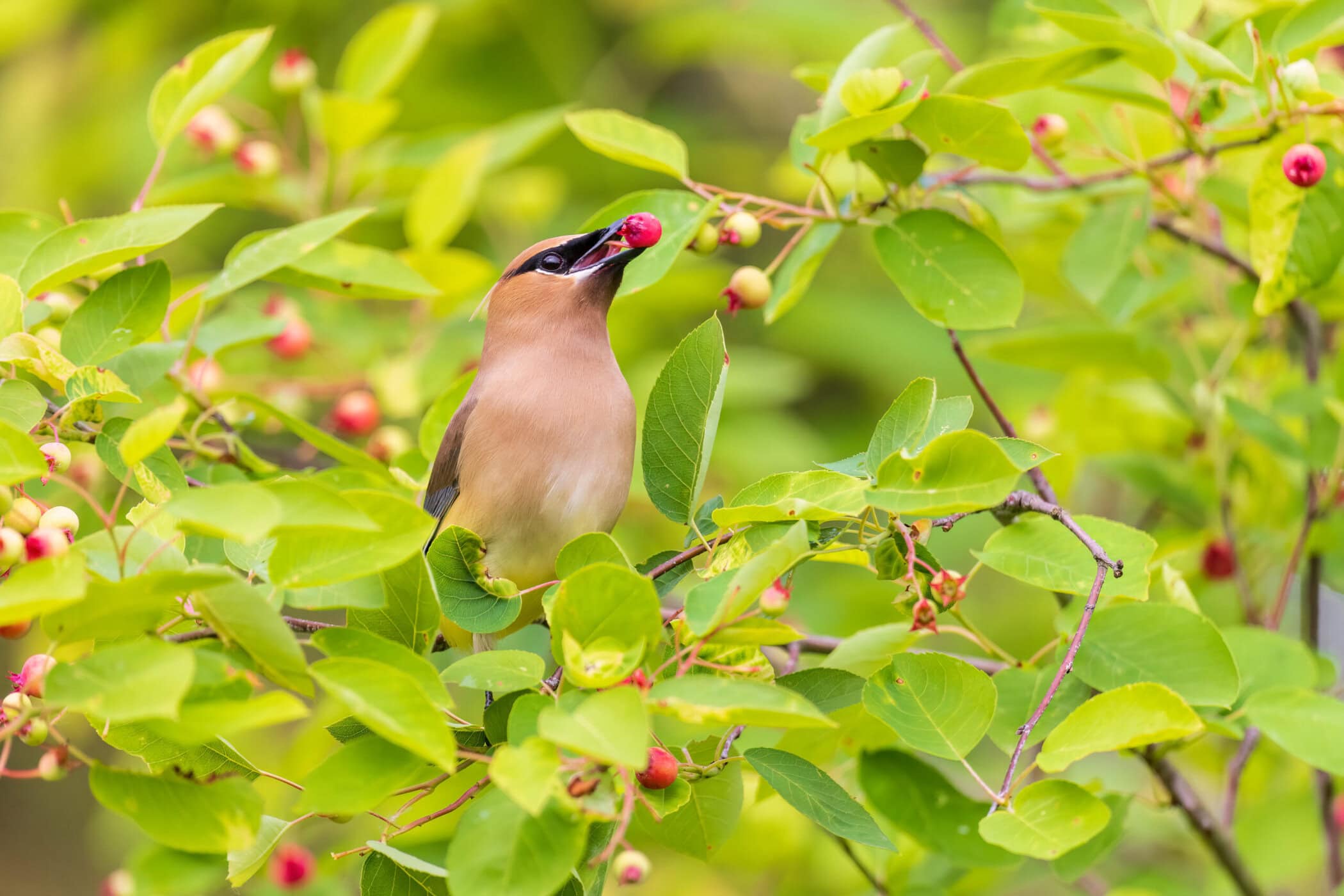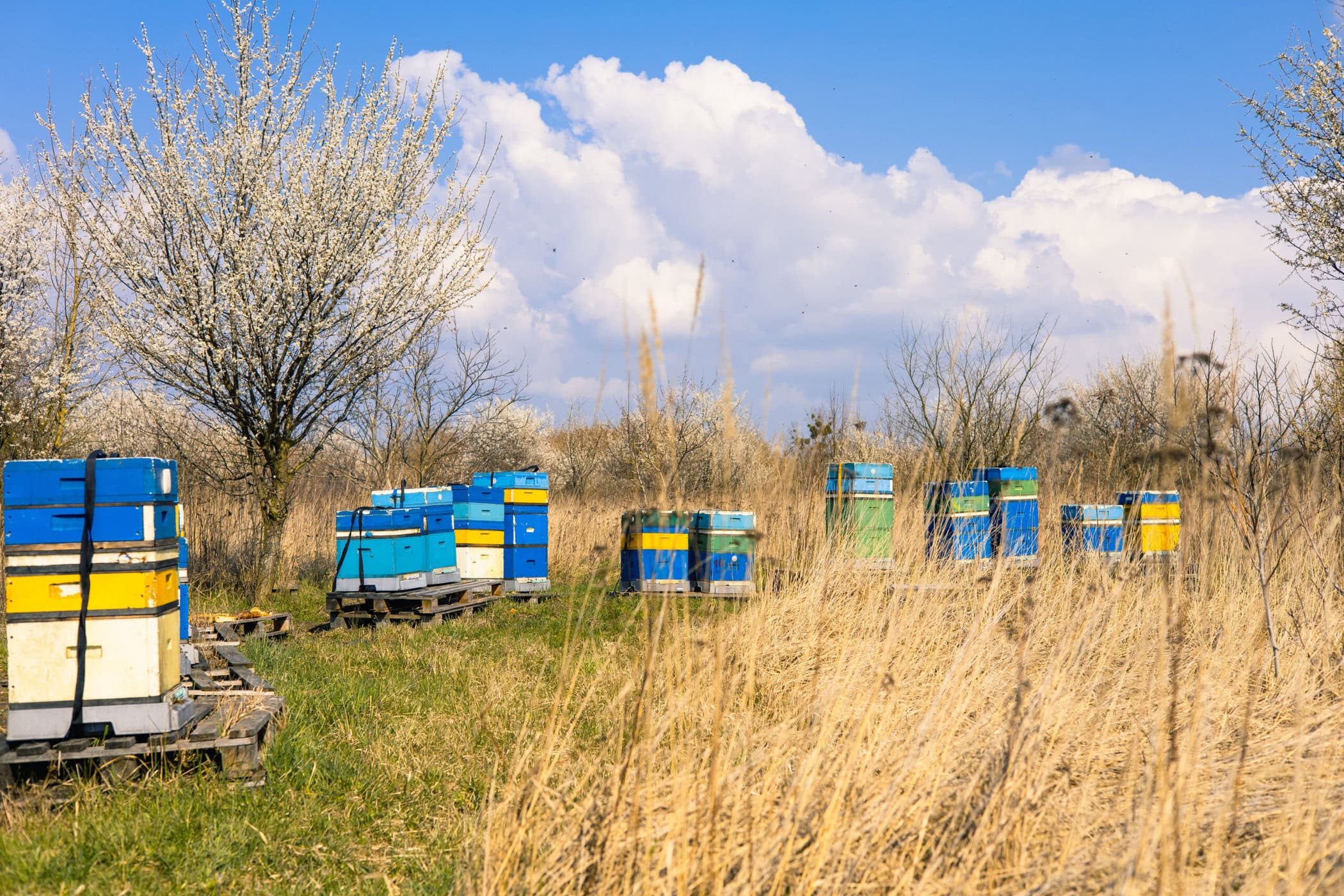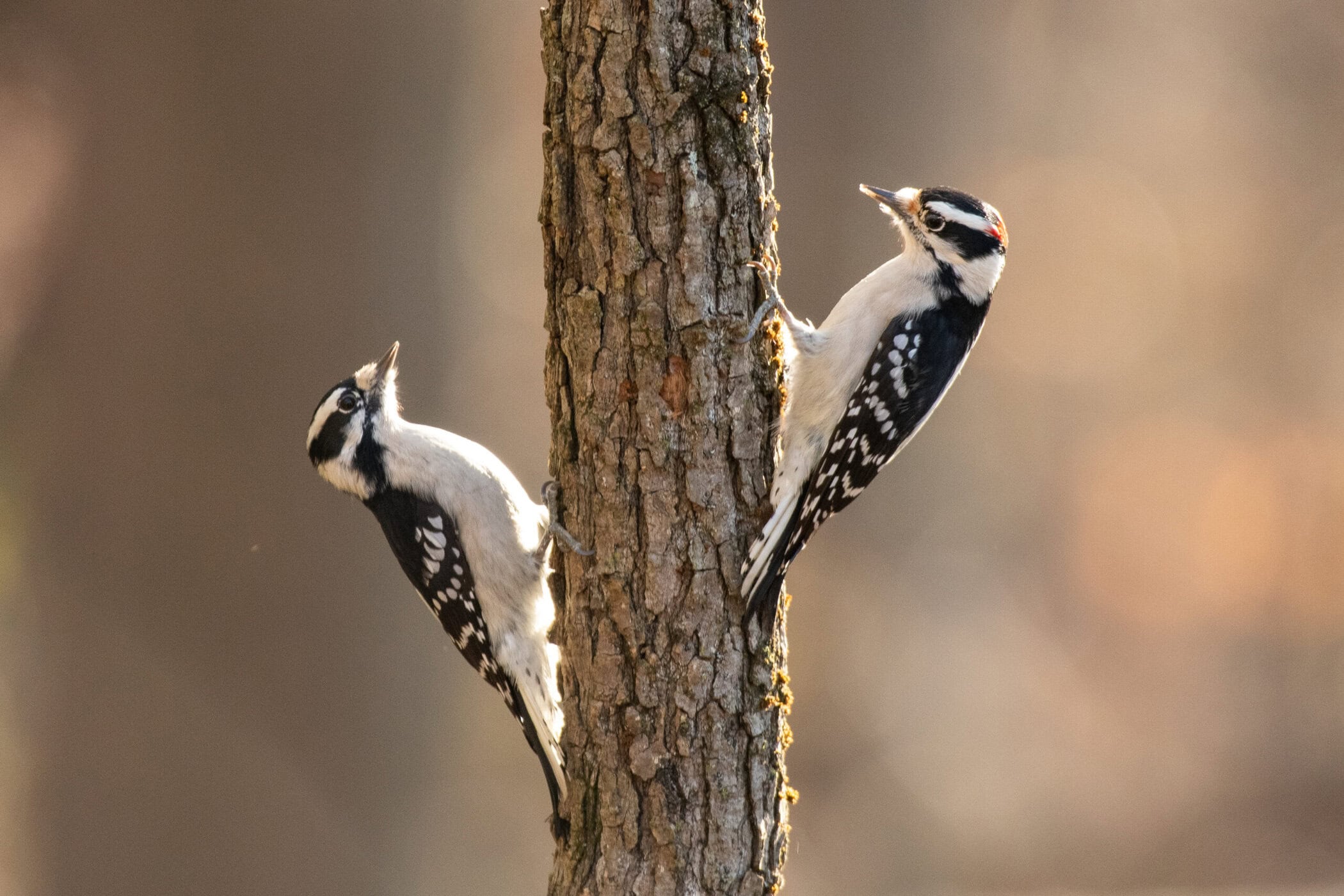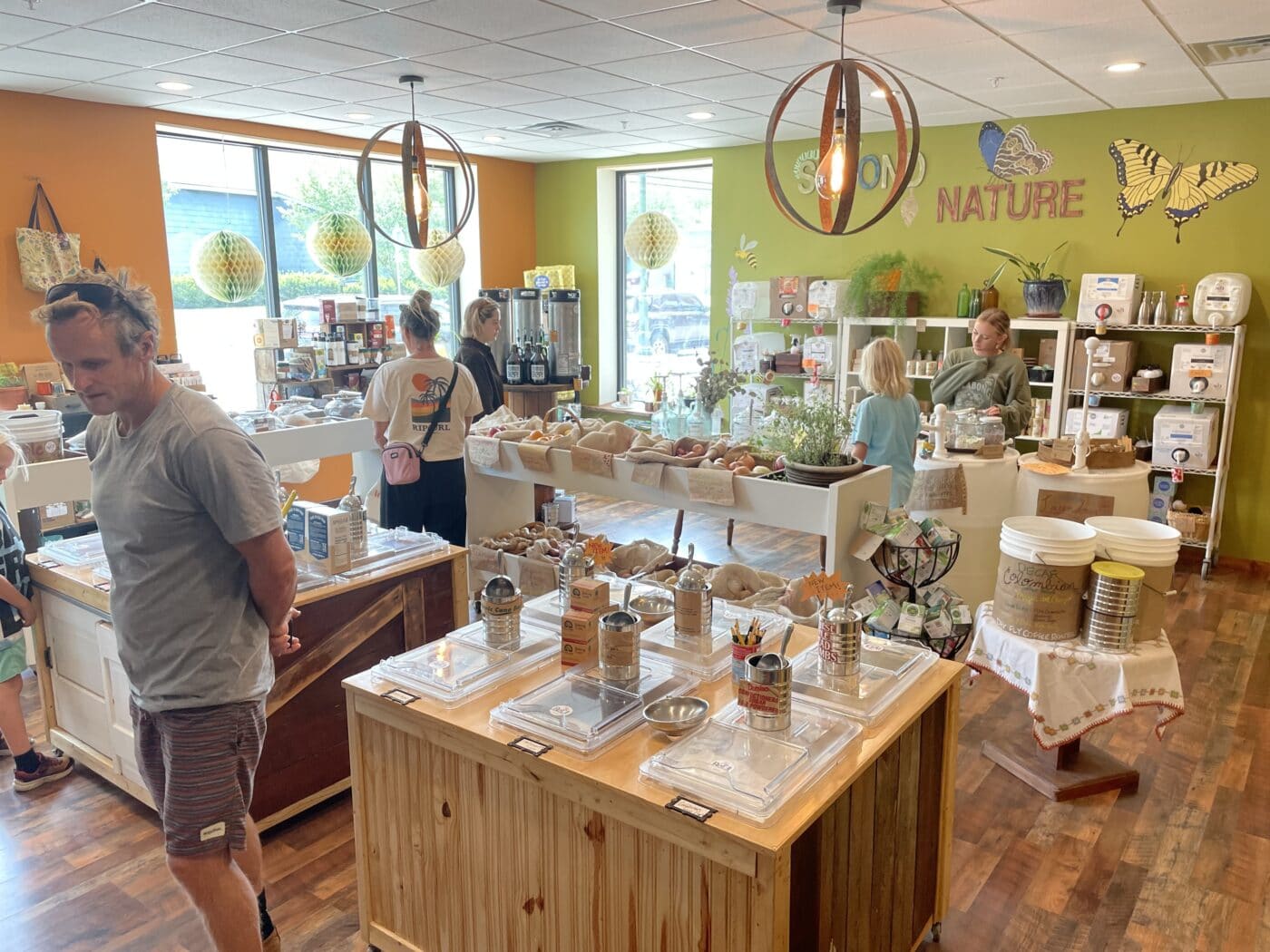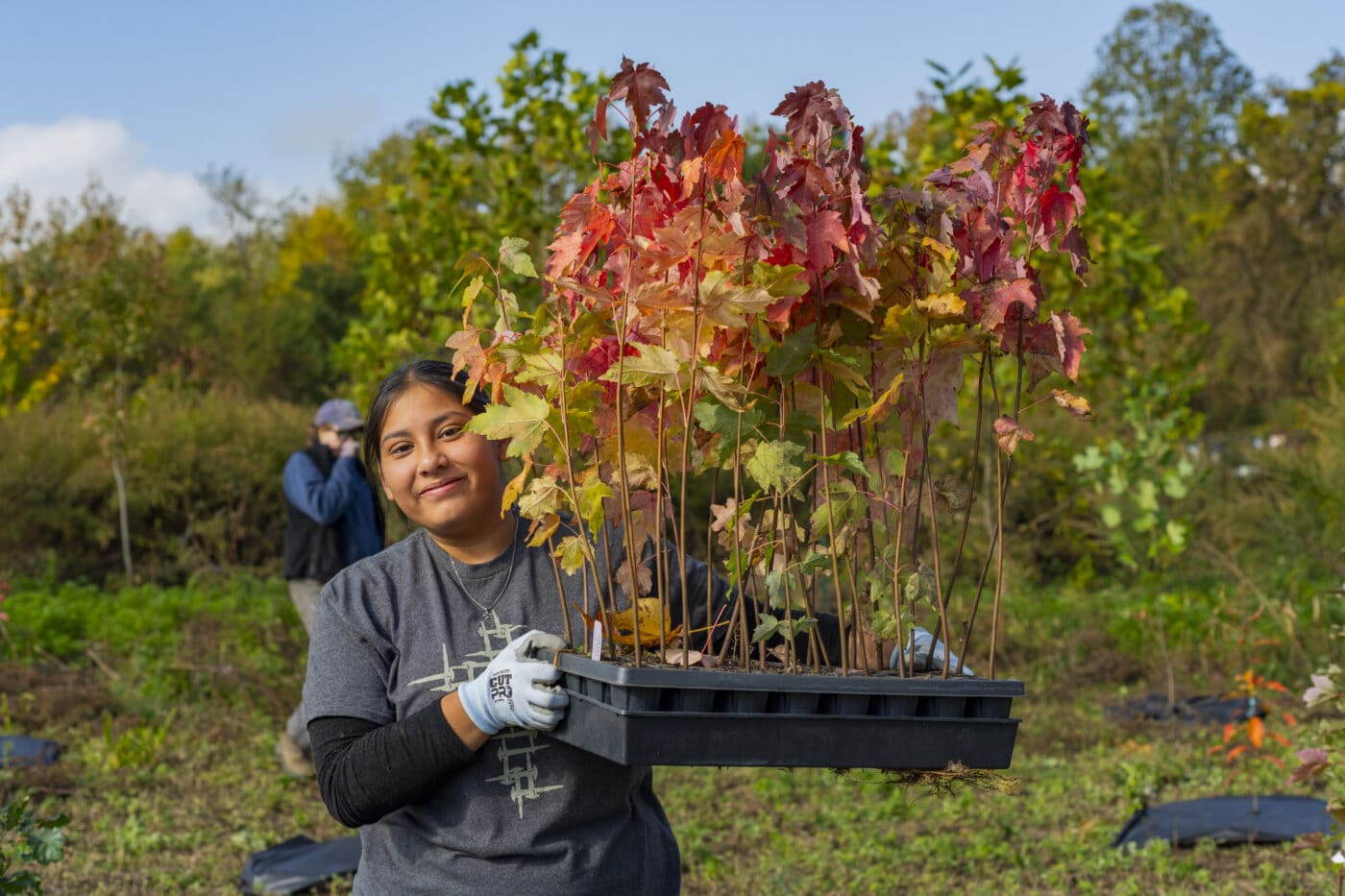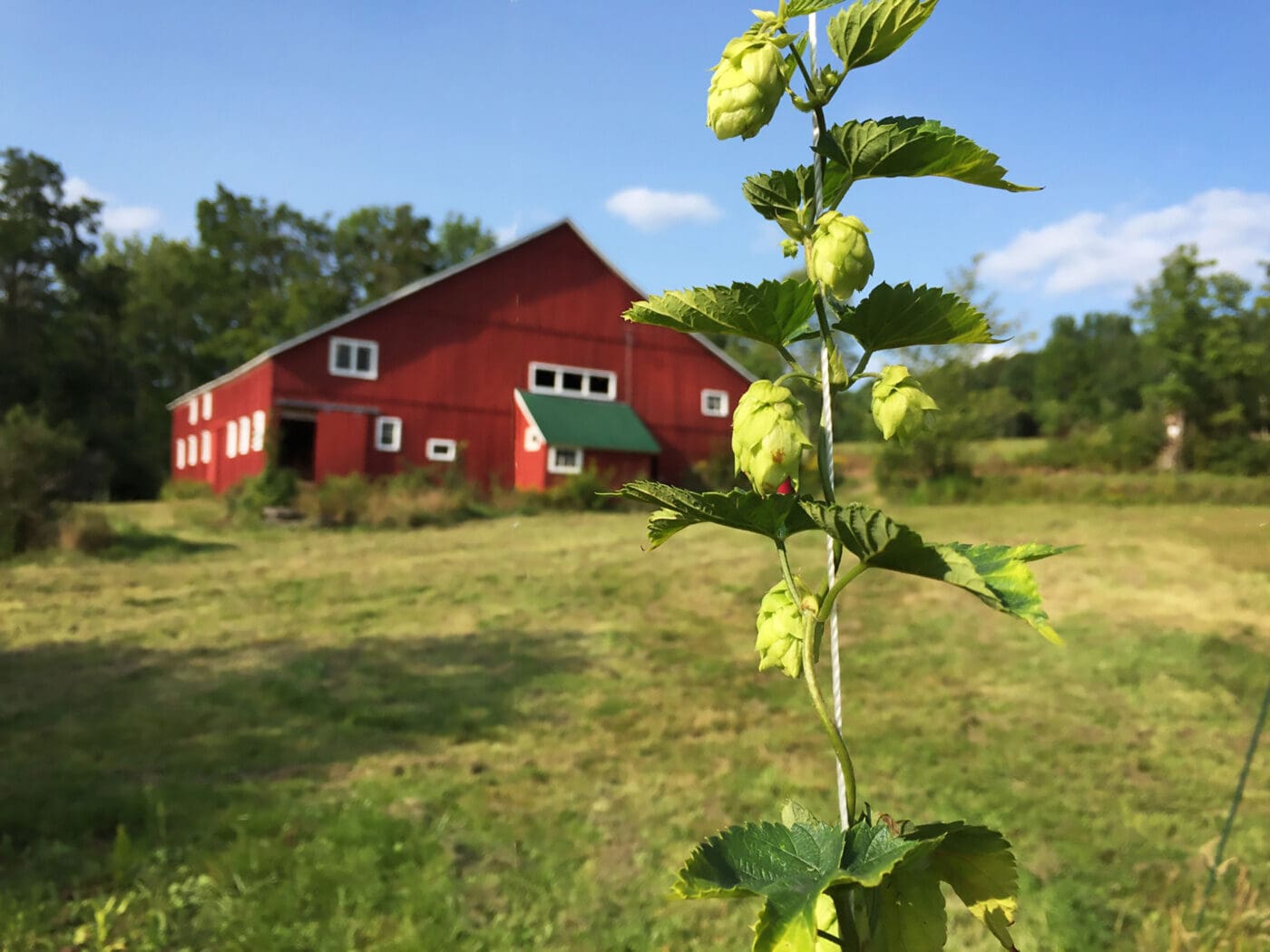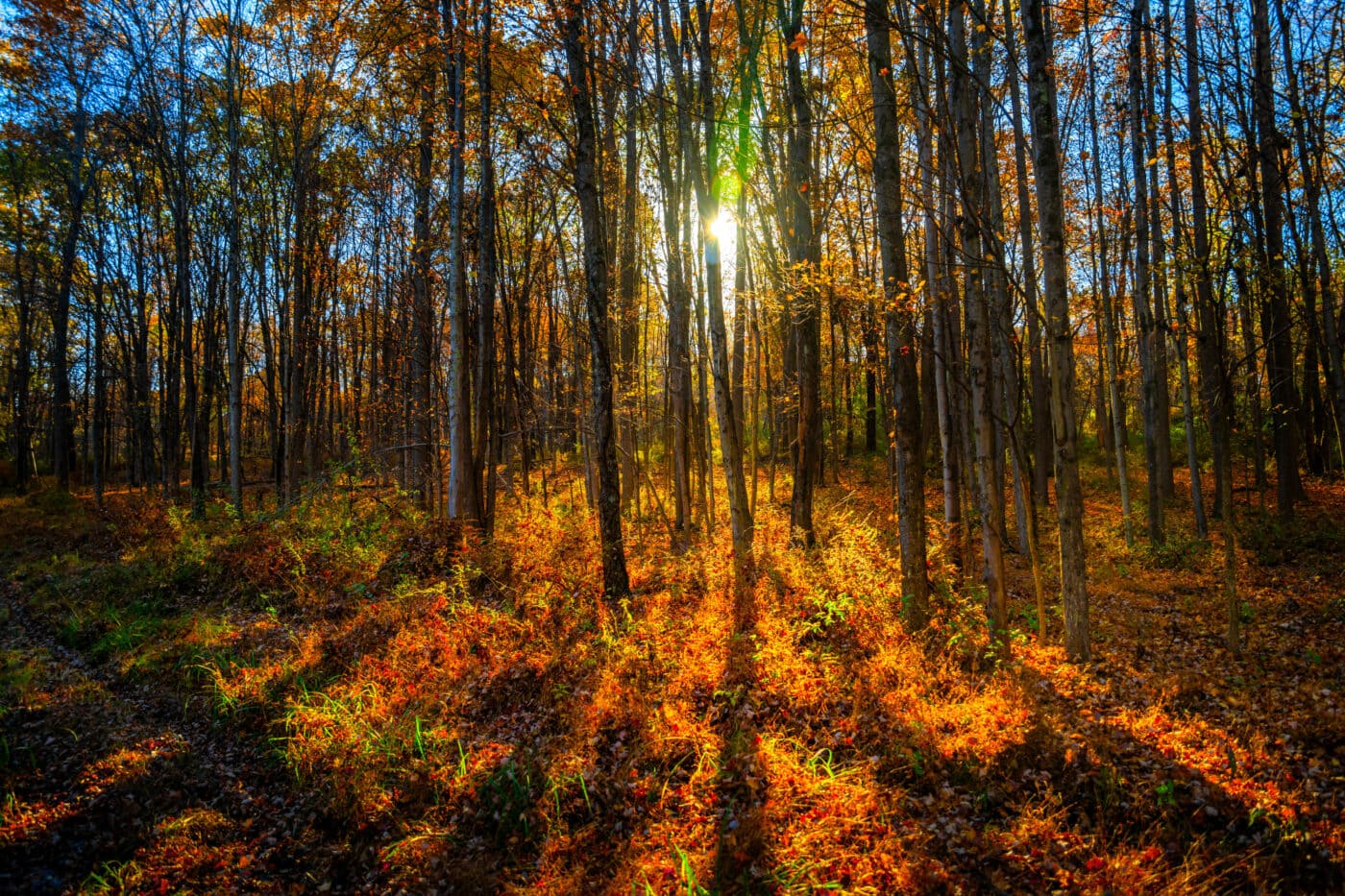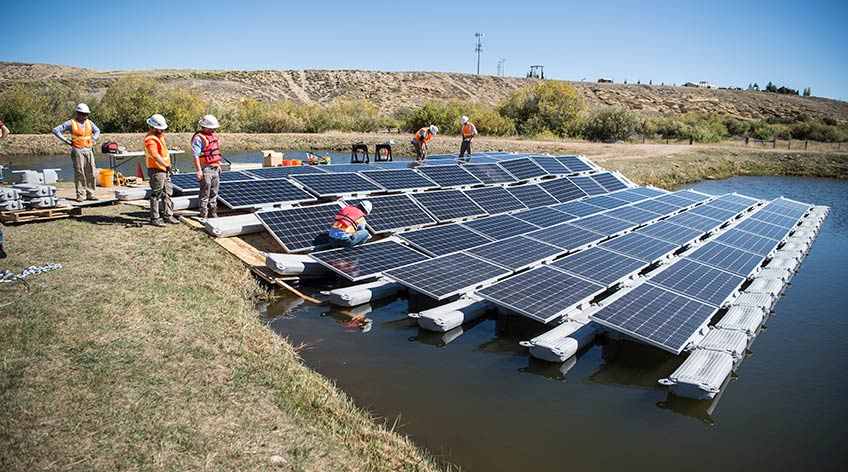For eco-minded, egg-loving Hudson Valley residents looking to make that next carbon-footprint reduction, keeping backyard chickens just might be it. An at-home flock cuts down on the emissions that would be used to transport eggs to and from a supermarket. It also cuts down on all the pollution and emissions produced by factory farms. And you know exactly where your eggs come from and how well-cared for the chickens are!
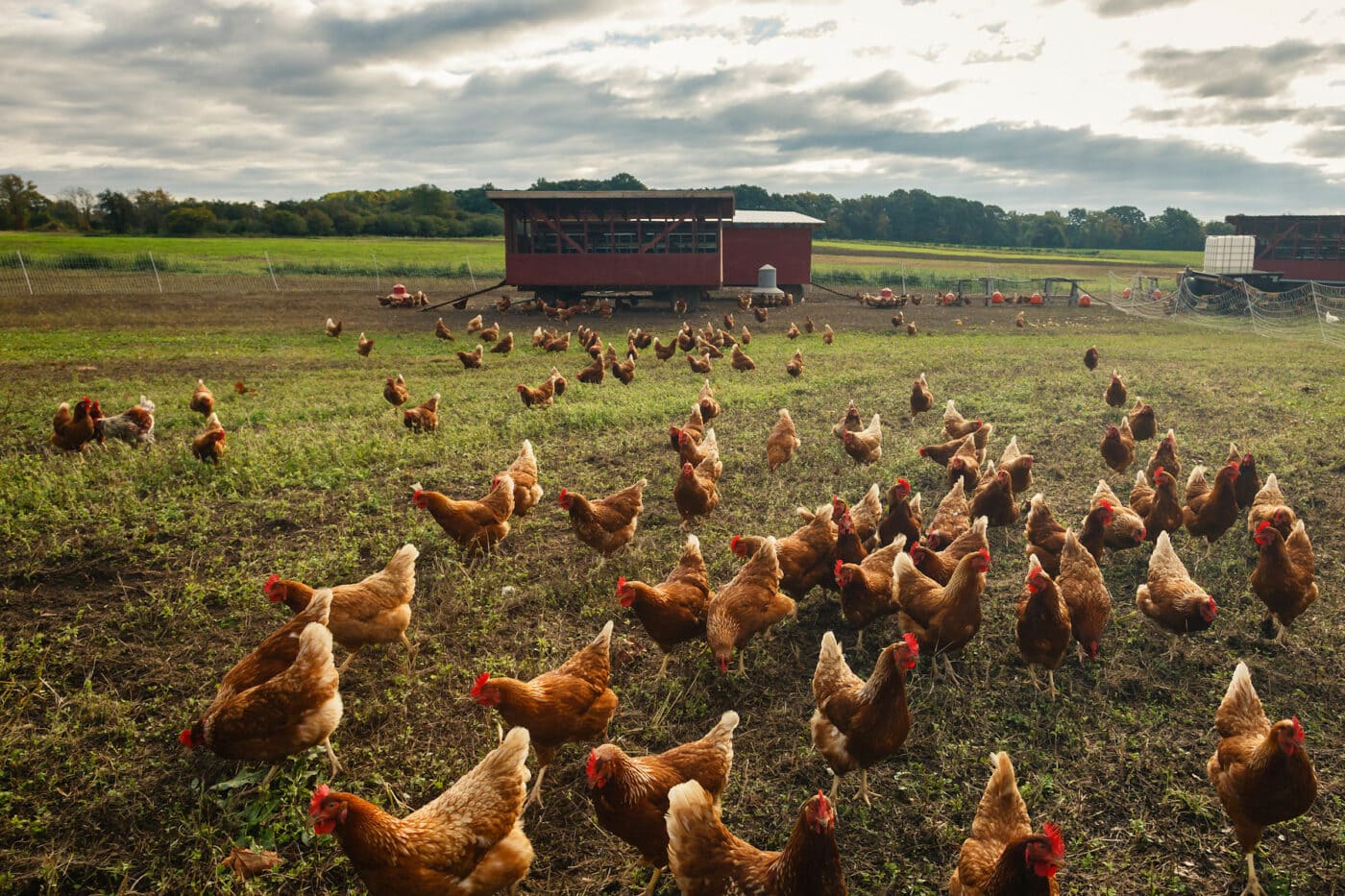
When you get into the nitty gritty of owning chickens, the choices might seem daunting. Australorp, Silkie, Cochin, Rhode Island Red, Appenzeller Spitzahauben…the breeds raised by backyard coop-keepers seem almost endless. Do you want a specific type that’s known for ample laying, or a breed that’s known to be friendly?
Choosing the right kind of chicken for you is just the beginning; owning chickens requires a lot of work and investment, so make sure you assess honestly whether raising chickens — and the day-in, day-out effort it takes — is right for you. Here are a few tips to keep in mind to help you decide and plan.
Following local laws
Most Hudson Valley cities and towns have rules regarding keeping chickens. Rhinebeck doesn’t allow chickens on any non-farm lot, in Woodstock no more than 12 chickens are allowed per acre of land, and in cities like Beacon you need a permit to ensure the chickens are kept and maintained in a manner that’s both humane and good for your neighbors.
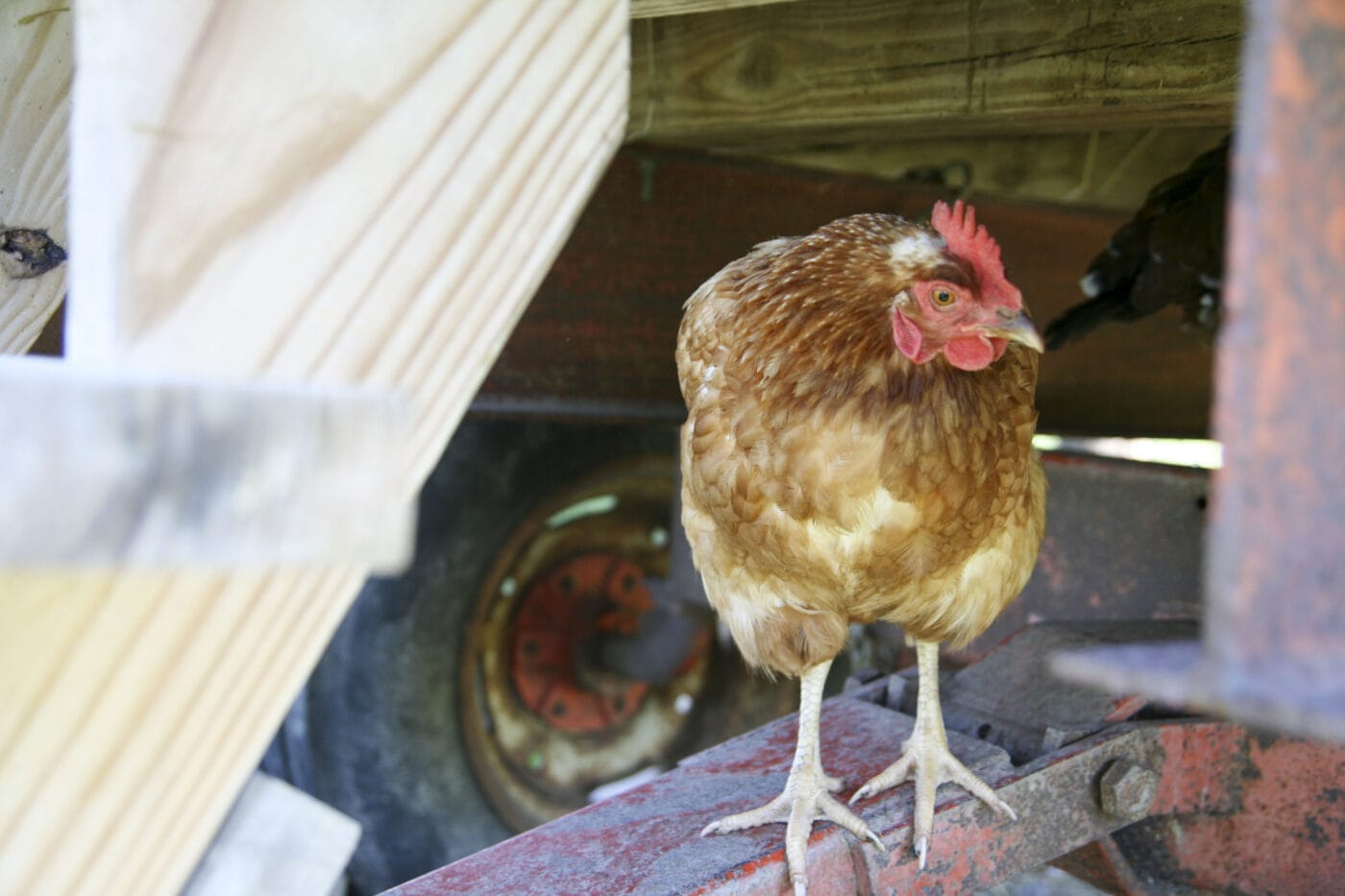
The majority of towns in the region prohibit roosters (they’re noisy), require that you have adequate fencing so your chickens don’t wander onto your neighbors’ properties, and require that your coop is set back a certain distance from your property line. Make sure you check local laws so you don’t ruffle any feathers.
Housing happy hens
Chickens are relatively easy to actually purchase, and contrary to myth, you don’t need a rooster in order for your chickens to lay eggs. It’s tricky business to identify the gender of chicks, so if you’re not allowed to have (or don’t want) a rooster, you might want to look into adopting adult hens from a local animal shelter or purchasing adolescent hens, called pullets. It can take up to six months for your hens to start laying eggs, so prepare for an investment of time and money.
Most important, however, is how you care for your chickens once you have them set up in your coop:
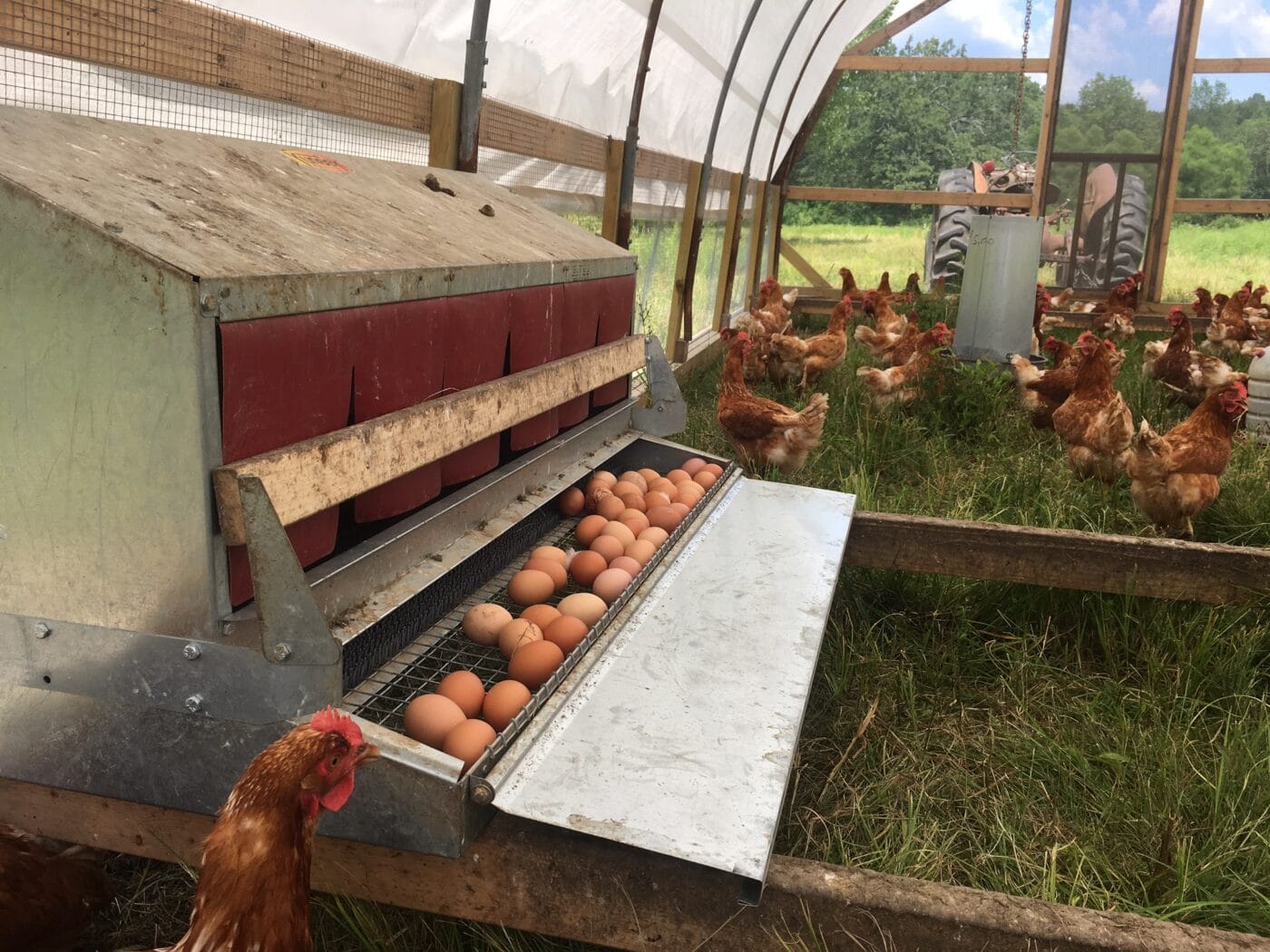
- Feed them a nutritious, age-appropriate diet of commercial feed in addition to any table scraps and treats (a favorite is frozen mealworms). When your hens start laying, they’ll need a diet with added calcium.
- Make sure they have a well-ventilated and insulated coop or hen house big enough for your group with all the essentials including a nesting box, places to roost, and enough room to roam around. A good rule of thumb is 3 square feet per chicken in the coop, and 15 square feet per chicken in an outdoor run. Also look into predator-proofing your coop so that they don’t fall victim to nighttime predators.
- Whether you have a run attached to the coop or whether you let them forage, chickens should be able to scratch, peck, and forage outside of their coop daily.
Avoiding disease
Chickens can carry and catch a variety of diseases. Always wash your hands thoroughly after touching them or their enclosures. Keep their environment clean and dry, and steer clear of exposing chickens to waterfowl, mice, and wild birds where possible.
The CDC recommends that you keep chickens out of any vegetable gardens to reduce the risk of Salmonella infection, and make sure any chicken manure you’re using for gardening has gone through the complete composting process. Work with a local veterinarian who has experience with chickens to keep your biddies healthy.
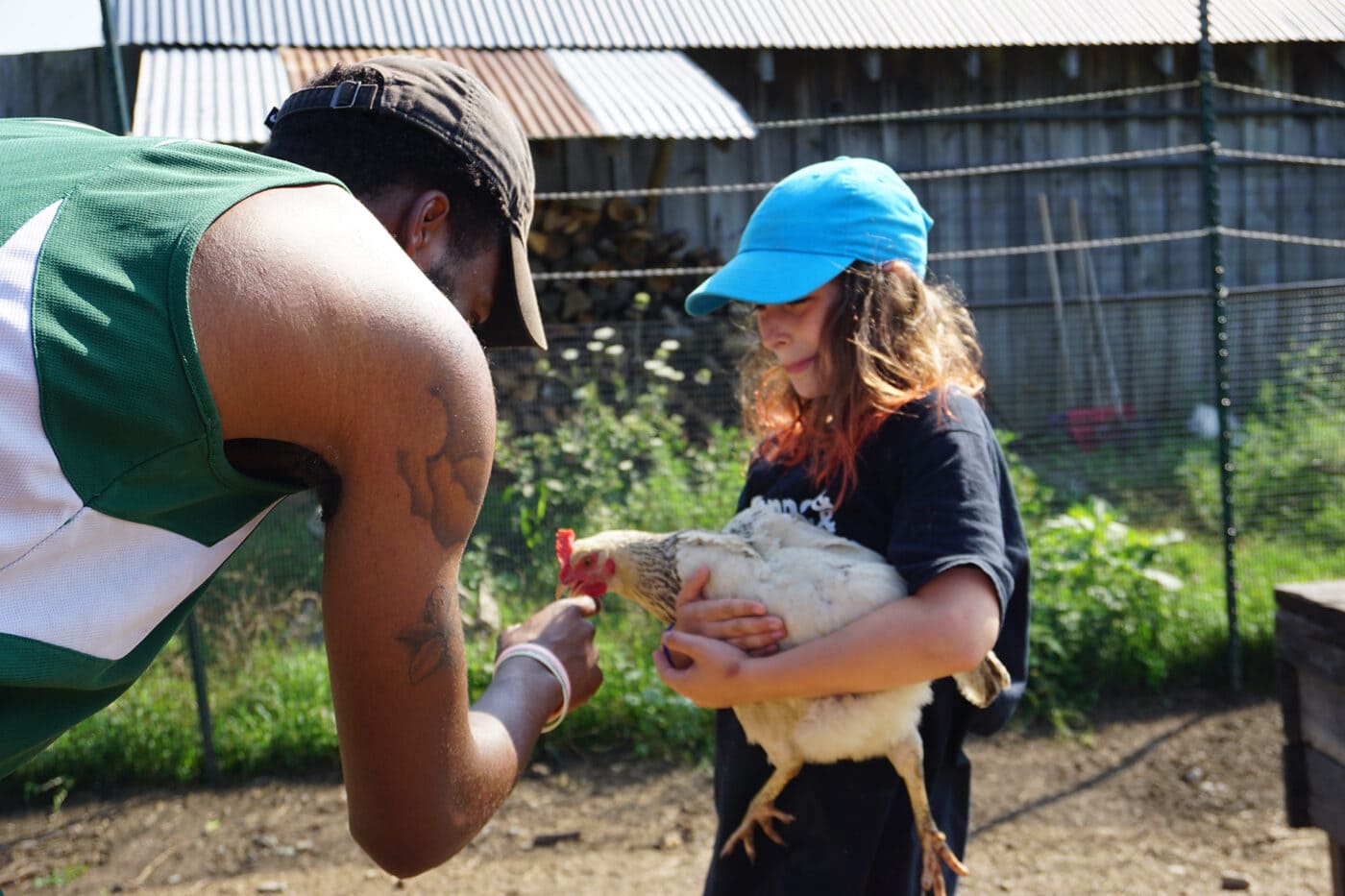
Harnessing natural pest control
Chickens are a great natural pest solution: they enjoy eating insects like grasshoppers, grubs, beetles, ticks, and larvae. However, make sure you keep their opportunistic foraging out of your vegetable or flower garden, as they’ll easily trample, dig, and eat yummy plants you don’t want them to as well. Chickens are also great soil-tillers! Their natural propensity to dig helps to aerate and loosen soil to prepare for planting.
Creating feathered composting systems
According to the Chicago Botanic Garden, one chicken can bio-recycle more than two pounds per month in vegetable matter and table waste. Their manure is also high in nutrients like potassium and nitrogen, and is a great addition to your compost pile (just make sure the manure has gone through the whole composting process before adding it to any gardens). It’s also a terrific way to cut down on your own food waste.
Pro tip: Feed chickens only fruit and vegetable scraps (same as you would put in your compost), as other human foods can make them sick.
Looking for more on raising backyard chickens? Check out this roundup of other sources of egg-cellent information.


